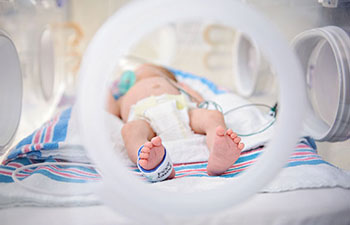
ICU, NICU & Critical Care
The critical care units are equipped with the state of the art diagnostic, monitoring and therapeutic devices. Adopting international guidelines and protocols in the organization and patient care, all the critical care units are staffed with an adequate and well qualified critical care team. The units have round the clock access to Microbiologists, Radiology & laboratory services, Physiotherapy and Dietary services, thus making them comprehensive and unique. Delivering efficient care to the critically ill patients, the units rise up to international standards. A special mention must be made about the medical intensive care units, which includes the intermediate care units also.
Intensive care is needed if someone is seriously ill and requires intensive treatment and close monitoring, or if they’re having surgery and intensive care can help them recover. Most people on an ICU have problems with one or more organs. For example, they may be unable to breathe on their own.
NICU
The advent of newer therapeutic modalities, artificial life-support techniques and infection control mechanism has tremendously decreased mortality in newborn.Lifeline Hospital has one of the most advanced neonatal units equipped with all the latest facilities for the newborn.
It is important with every baby to be managed professionally in the first month of life and specially the first hour. Improved investigation back ups even before birth (foetal echo and ultrasound of the head) well-baby clinics and parent support networks have come a long way in changing the face of neonatology medicine.

